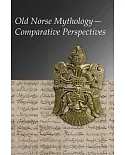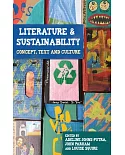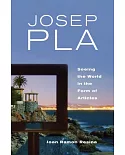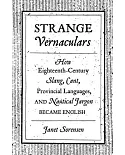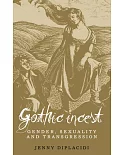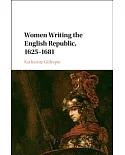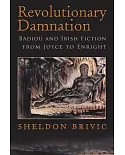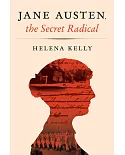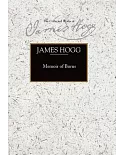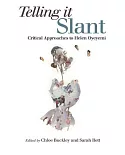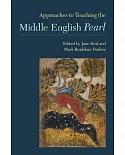'Combining an analysis of literature and art, this book contends that the 'domesticated landscape' is key to understanding women's complex negotiation of private and public life in a period of
revolution and transition. As more women became engaged in horticultural and botanical pursuits, the meaning of gardens - recognized here both as sites of pleasure and labor, and as conceptual
and symbolic spaces - became more complex. Women writers and artists often used gardens to educate their readers, to enter into political and cultural debates, and to signal moments of
intellectual and spiritual insight. Gardens functioned as a protected vantage point for women, providing them with a new language and authority to negotiate between domestic space and the
larger world. Although this more expansive form of domesticity still highlighted the virtues associated with the feminized home, it also promised a wider field of action, re-centering
domesticity outward'--


